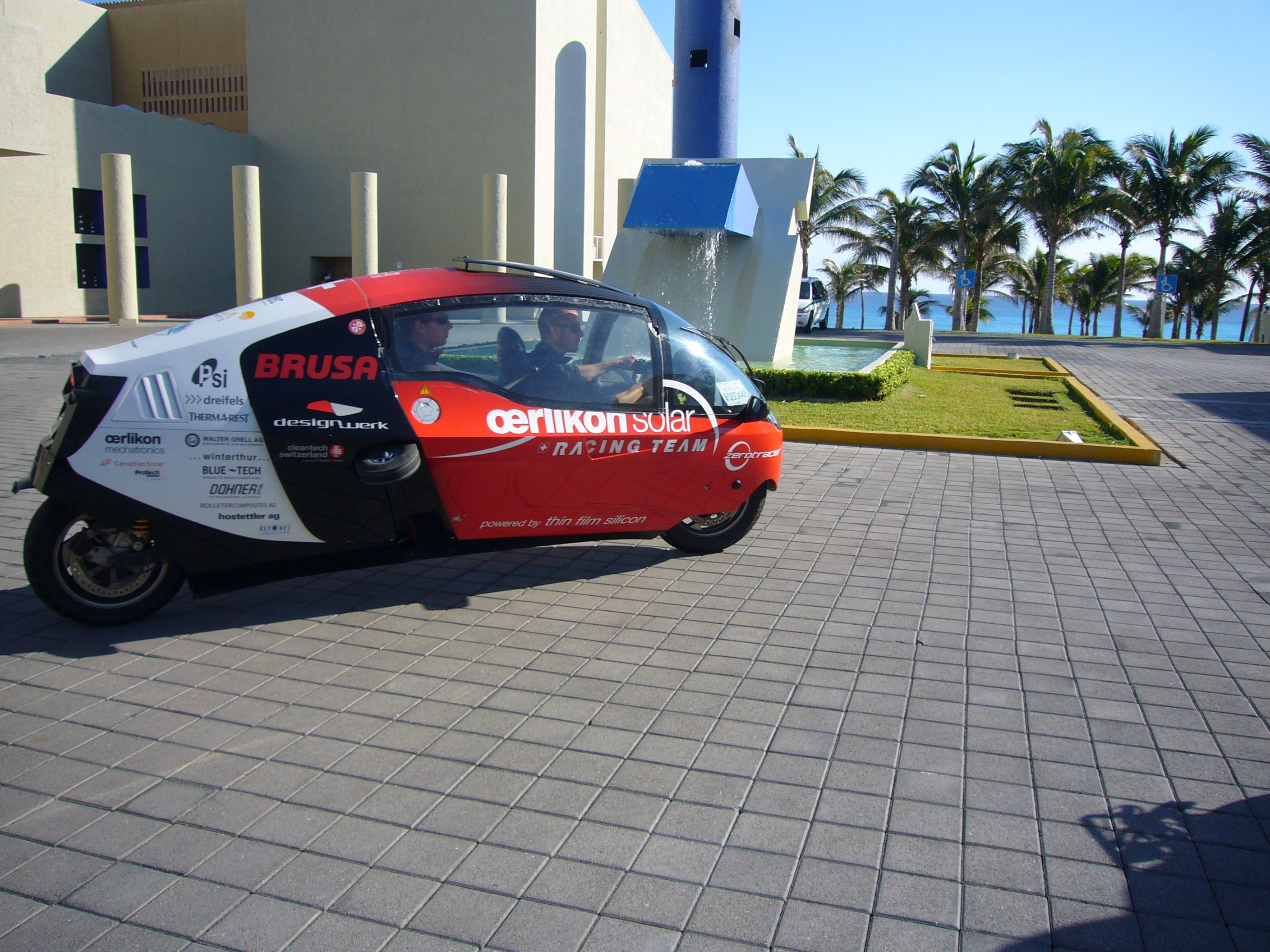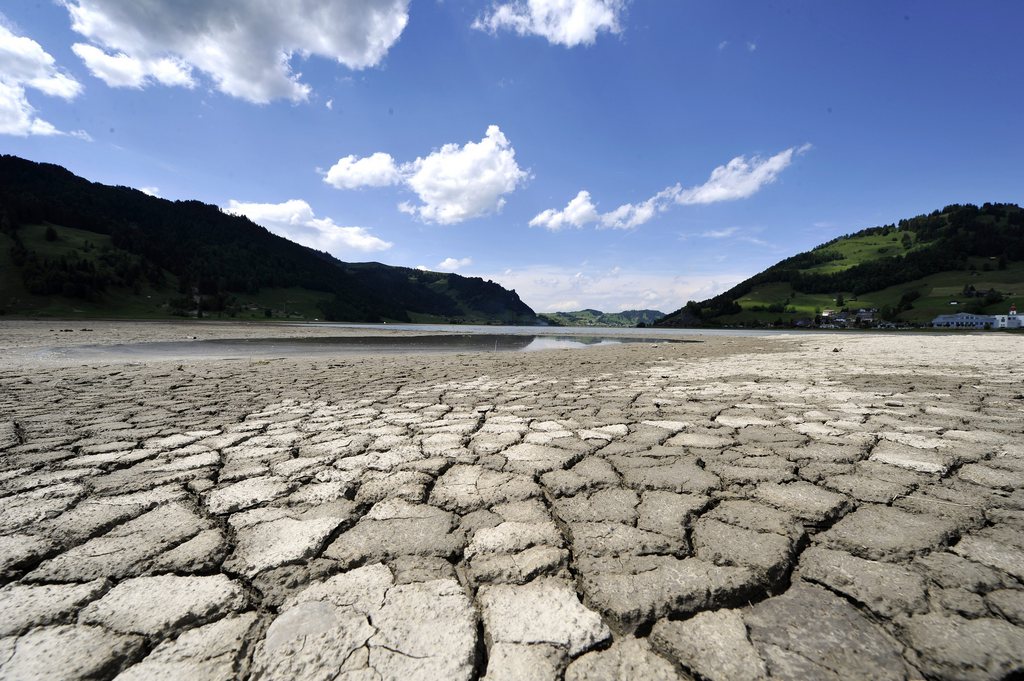Businesses seek results in Cancun
The outcome of climate talks in the Mexican resort of Cancun is eagerly awaited by businesses seeking new opportunities and guidance for investments.
Investors want governments to level the playing field for all countries concerning limits on carbon dioxide emissions and avoid costly commercial wars.
A recent report by the OECD (Organisation for Economic Co-operation and Development) shows that companies are integrating climate change more and more into their strategy. One course of action is to reduce their carbon footprint, pushed by consumers and investors.
Whether the business world is going green is a different matter. According to Carlos Busquets, deputy director of the International Chamber of Commerce (ICC), firms are concerned.
Busquets told swissinfo.ch that climate change was one of the biggest threats hanging over the world and society in general. “Companies need a healthy society to develop,” he said.
But firms also see opportunities. “Funding, expertise, the development of new skills are all to be found in the private sector, which is ready to find solutions to the challenges of climate change.”
What the economy wanted right now, he said, was that the states involved in the United Nations talks provide some certainty, or at least clarify what the future regulatory framework and policies will be.
This, he added, was valid for all types of business everywhere, unlike five years ago when only the energy sector was paying any real attention.
“Companies using energies with a large carbon footprint are trying to optimise processes,” Busquets said. “Firms supplying goods are trying to make their production chains sustainable and everyone is concerned.”
Lack of political will
“Deciding on whether to invest in a gas power plant demands some clarity,” admitted Urs Näf of the Swiss business federation, Economiesuisse. “A company needs guarantees it won’t face a sudden ban or price increase.”
Näf regretted a lack of global political will to tackle climate-related issues despite a wealth of opportunities in the so-called cleantech sector. These technologies have less impact on natural resources and he reckons Switzerland has a head start with a government action plan aimed at making it a global leader.
Busquets agrees that climate change is a global problem and needs to be dealt with at a global level.
“That’s why the private sector is insisting on an international framework,” he said. “Otherwise it leads to market fragmentation and commercial wars that are good neither for the climate nor for economic growth and development.”
For Busquets, failure to reach some kind of accord in Cancun or at a later time would not just be a blow to the climate but would also damage the economy.
Näf points out that first and foremost a legal framework is required for market tools such as carbon emission trading certificates. But he adds that the business world is awaiting something more from the UN talks: an agreement that will help avoid unfair trade practices.
He fears that decisions to unilaterally lower CO2 emissions in developed nations – especially in Europe – could drive large polluters to move to developing or emerging countries to avoid taxes and regulations.
Differences in how companies are treated would offer unfair advantages to countries such as China and India. It could also lead to the introduction in Europe of tariffs on products from these economies, Näf warns.
Plan B
For Switzerland, some decisions must be reached soon. The Kyoto Protocol, which has helped define limits for companies’ emissions, must be replaced in 2012.
“Of course, if it can’t be managed, there’s always plan B, which is the extension of the Kyoto agreement,” Näf said. “But we are hoping decisions can be reached that give a much clearer direction.”
But he doesn’t believe that the process being discussed in Cancun will fail.
“There’ll be a small success, and maybe something bigger,” he told swissinfo.ch. “There will be other conferences in 2011 in Durban, then in 2012 and 2013.”
“I’m not pessimistic; I can’t afford to be. It is now time to show a global desire to act and find a compromise.”
The UN Climate Change Conference runs in Cancun, Mexico, until December 10. The negotiating process revolves around sessions of the signatory parties to the UN Framework Convention on Climate Change (UNFCCC), which meet annually to review how the convention is being implemented.
Talks include the issues of adaptation, reducing greenhouse gas emissions, climate finance, and the future of the Kyoto Protocol, which expires in 2012.
(Translated from French by Scott Capper)

In compliance with the JTI standards
More: SWI swissinfo.ch certified by the Journalism Trust Initiative













You can find an overview of ongoing debates with our journalists here . Please join us!
If you want to start a conversation about a topic raised in this article or want to report factual errors, email us at english@swissinfo.ch.